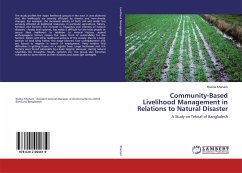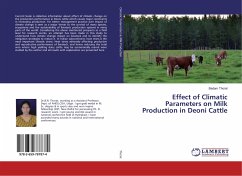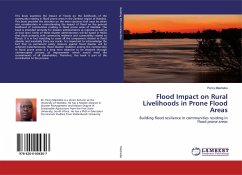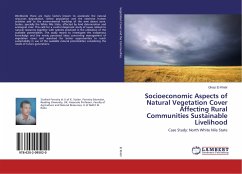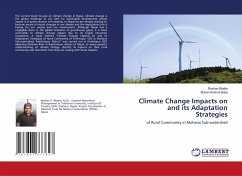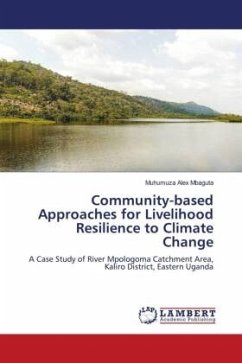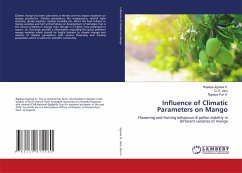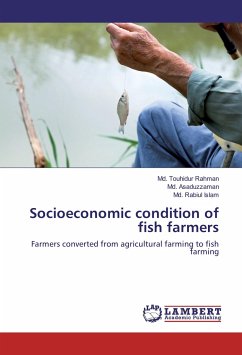The study profiles the major livelihood groups in the area. It was observed that the livelihoods are severely affected by climatic and non-climatic changes. For example, the increased salinity of both soil and water has seriously affected all livelihood resources, in particular agriculture, fishery, livestock and forestry. The increase in frequency and intensity of natural disasters - floods and cyclones, has made it difficult for the local people to secure their livelihood. In addition to natural factors, several anthropogenic factors remain the major form of vulnerability for the farmers, fishers and other livelihood sections of the society. Due to a large portion of land lying fallow, the wage laborers face unemployment and are forced to migrate in search of employment. Petty traders find difficulties in getting buyers on a regular basis. Large businesses and rich farmers were found vulnerable by a lesser degree. However, during natural calamities like droughts, floods, cyclones etc. this group also becomes vulnerable to some extent as their business and assets get damaged.
